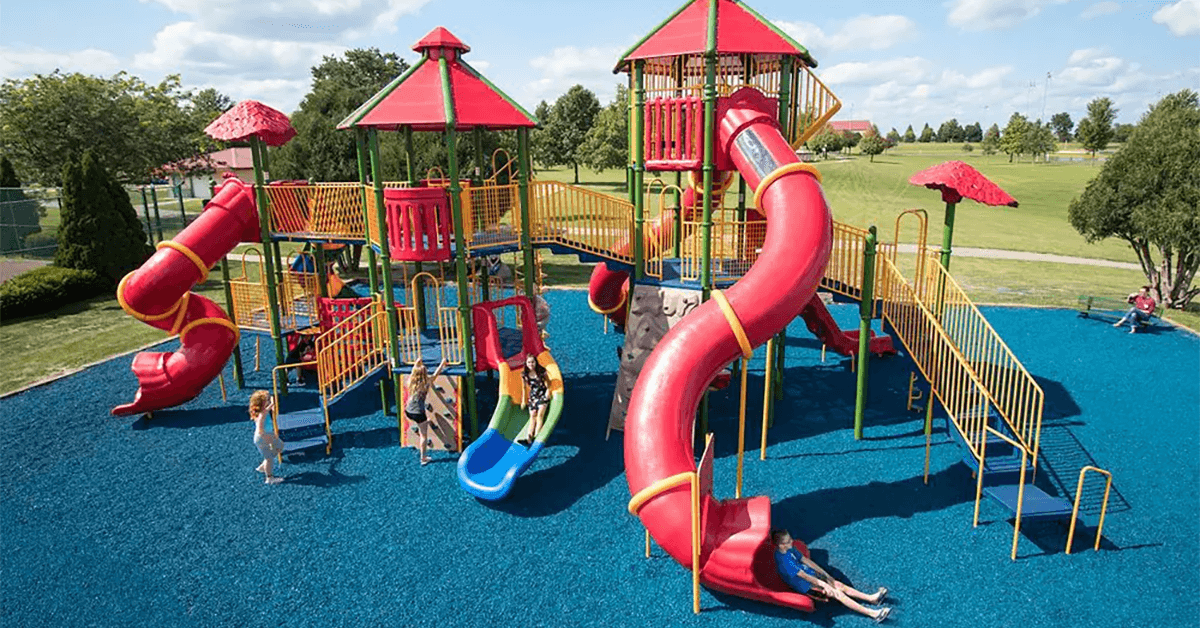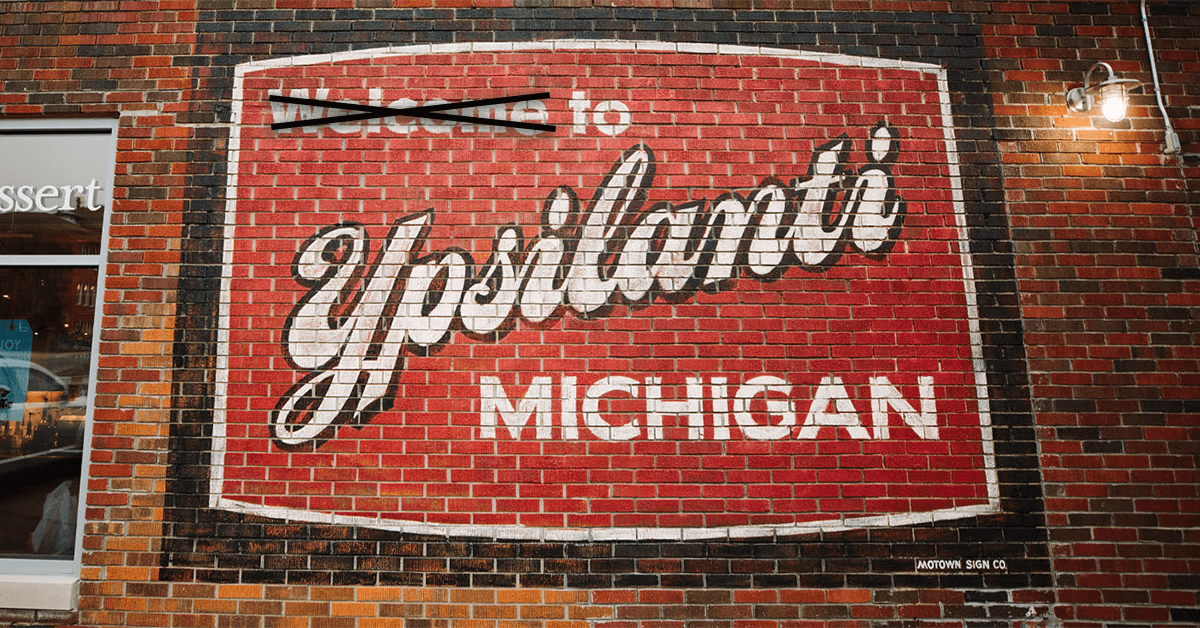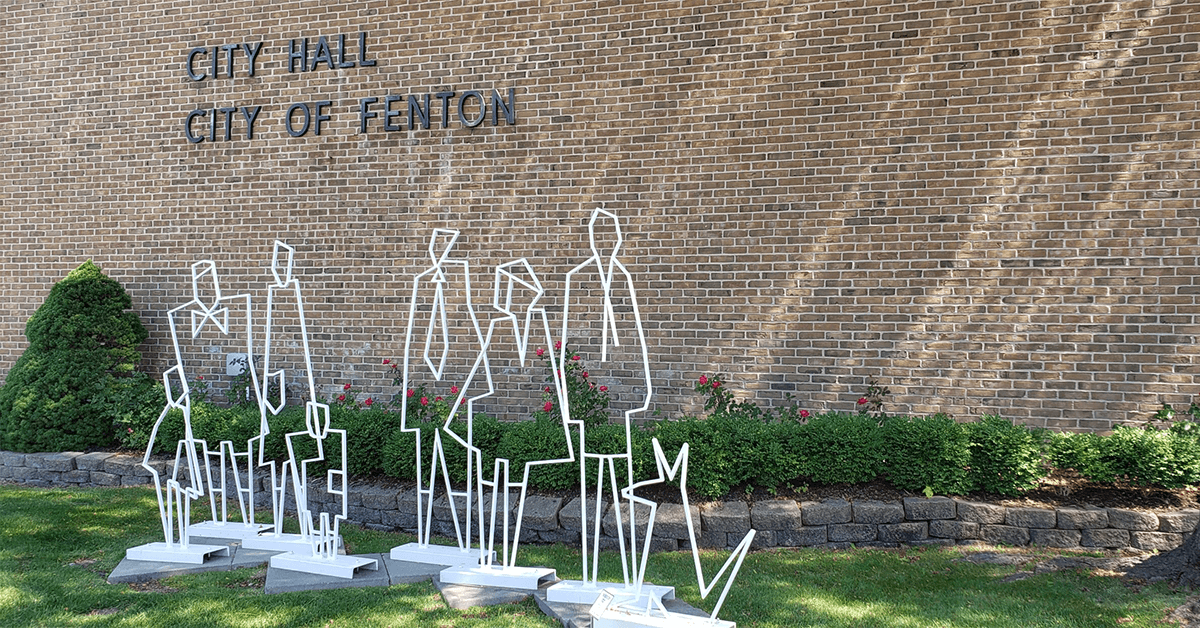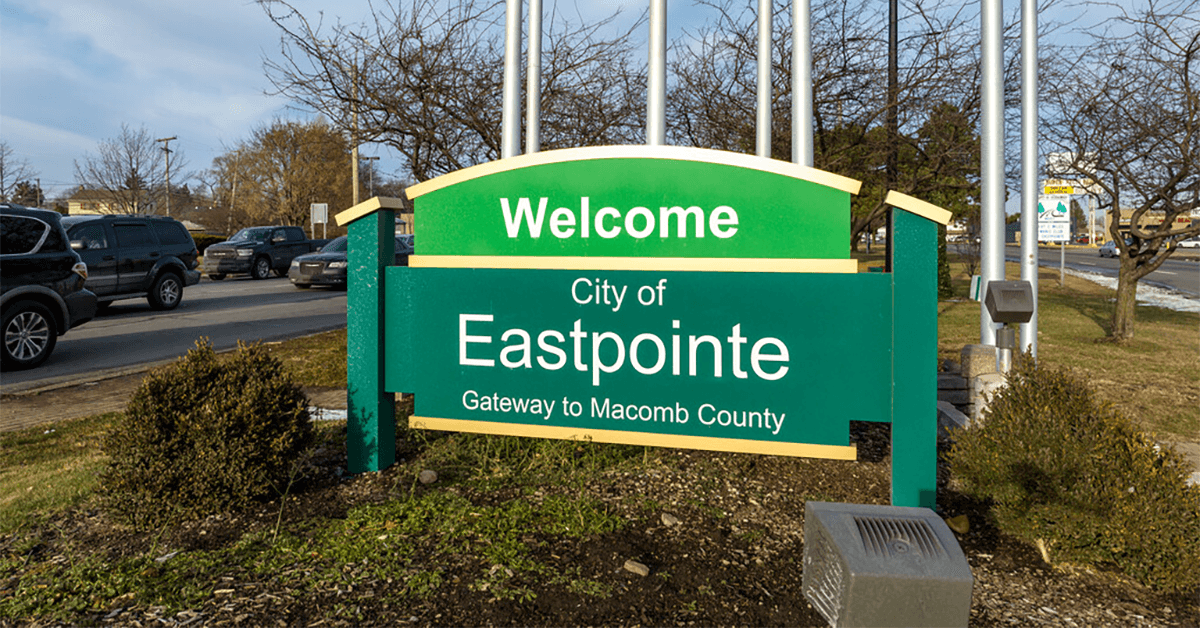Proposed Changes in Michigan's Cannabis Regulations

Cannabis retail sales in Michigan are experiencing significant growth, with Brian Hanna, the executive director of the Michigan Cannabis Regulatory Agency, noting that the state is setting new records every quarter. This booming market is drawing visitors from across the nation, enhancing Michigan's reputation as a hub for cannabis tourism.
Despite these successes, the state faces regulatory challenges. According to Hanna, adjustments are necessary to assist those who adhere to existing regulations, as compliance remains a widespread issue in regulatory programs nationwide.
Addressing these challenges, Hanna spoke at the Great Lakes Cannabis Collaboration Conference at Northern Michigan University, where he introduced proposed changes to industry regulations. Among these is a prohibition on the conversion of CBD to THC, a process Hanna described as transforming one cannabinoid into another intoxicating compound. This proposed rule aims to safeguard consumer health and safety.
The reaction to the proposed CBD to THC conversion ban has been largely favorable, though some concerns have been raised regarding its potential impact on scientific research.
Additional proposed changes include making lobbies optional for cannabis retailers, potentially saving new businesses up to $40,000—though this alteration would not affect micro-businesses. Another significant revision under consideration is redefining the temporary event license to facilitate easier access to events where cannabis is sold and consumed.
Hanna also highlighted the cannabis industry's role in job creation and scientific advancement. With 35,000 individuals currently employed in cannabis-related roles across Michigan, the sector contributes significantly to the state economy. Furthermore, the industry has generated considerable tax revenue, including an additional $6 million for the Upper Peninsula this year alone.
Hanna also expressed concern over the social stigma that still affects newer products like cannabis-infused beverages, which are gaining popularity in certain communities.
Looking forward, he anticipates the continued expansion of retail cannabis, especially as more local governments become receptive to allowing sales within their jurisdictions. He stressed the importance of combating stigma through increased scientific research and education to ensure that cannabis products in Michigan remain regulated and safe for consumers.
The Michigan Cannabis Regulatory Agency is actively issuing more adult-use licenses and expects retail growth to persist throughout the state. Hanna emphasized that while the proposed regulatory changes are still under development, the agency is open to feedback from industry professionals. He also noted the need for clear state-specific guidelines, given the vague nature of the federal law enacted in 2018.
Coleman Advances Community Projects with Cannabis Tax Funds, Midland Holds Back

In Michigan, the cannabis industry is making significant financial contributions through state-imposed excise taxes, with more than $202 million collectively allocated to education and transportation in the recent fiscal year. Specifically, the state has gathered over $101 million for school funding and an equal amount for transportation projects from the 10% excise tax levied on all cannabis products.
Local cannabis businesses such as Emerald Fire Farms in Coleman are substantial contributors, with the farm recently paying over $59,000 in state taxes. Although Sanford's LaCannaville opened too late in 2023 to contribute to that year's tax roll, it is expected to participate in the 2024 allocations.
The Michigan Cannabis Regulatory Agency reports that 269 municipalities benefited from cannabis revenue this year, including 99 cities, 30 villages, 69 townships, and 71 counties. These funds are deployed towards various community enhancements. For instance, Coleman used the additional resources to improve city parks, introducing new playground equipment, a disc golf course, and a street sweeper.
Besides tax contributions, Emerald Fire Farms also supports local organizations and initiatives independently, including veterans groups, Midland County Pit Stop, Boy Scouts of America, and various local sports and youth programs.
Despite these contributions, the largest municipality in Midland County remains resistant to permitting cannabis businesses within its borders. Midland Mayor Maureen Donker noted that cannabis is not currently on the city's agenda. Residents seeking cannabis products are directed to neighboring towns like Sanford or Coleman or can opt for delivery services.
This stance has sparked criticism from some residents, including Julie Roehrs who argues that the benefits of cannabis, such as pain relief and mental health support, justify establishing a dispensary in Midland. She expressed frustration over the necessity for residents to travel to other towns for access, pointing to local opposition as a barrier to potential local benefits.
Ypsilanti City Council Implements Emergency Moratorium on Cannabis Retailers

Ypsilanti City Council has imposed an emergency moratorium on new cannabis retailer permits, effectively pausing the expansion of cannabis businesses in the city. This decision was made during their April 16 meeting, where council members also moved forward with an ordinance to establish a strict limit on the number of cannabis-related operations within city limits.
The moratorium, which will last for 60 days, aims to address community concerns that Ypsilanti might become overly saturated with cannabis retailers, potentially harming long-standing small businesses. The city, noted for having a high number of cannabis dispensaries per capita, has initiated these measures under the guidance of city planner Joshua Burns.
The proposed ordinance amendment received a narrow approval with a 4-3 vote. Council members Michelle King, Evan Sweet, and Patrick McLean voted against it. This amendment seeks to set the maximum number of cannabis retailers at 13, with a provision to reduce this limit to 10 should any permits lapse or be revoked. Additionally, the number of cannabis consumption facilities will be restricted to three.
A final decision on this ordinance is expected at the council's next session on May 7th. Meanwhile, the emergency moratorium will prevent the issue of any new cannabis business permits. In conjunction with these regulatory adjustments, the council also unanimously approved zoning changes, significantly reducing the potential locations available for future cannabis retailers. These zoning changes had been introduced earlier in the month without setting a cap, which had drawn criticism from local residents and business owners. The Planning Commission has since advocated for the reintroduction of such a cap.
Previously, Ypsilanti had enforced a cap on cannabis businesses but removed it to mitigate the risks of litigation concerning the allocation of limited permits. However, with recent developments and examples from other jurisdictions, city officials, including City Manager Andrew Hellenga and City Attorney John Barr, indicated that reinstating a cap could now be feasible without the previous concerns over potential legal challenges.
Fenton Residents Divided Over Proposed Cannabis Dispensary

Officials in Fenton, Michigan, gathered for a town hall meeting on Wednesday, April 17th, to engage with residents regarding the potential establishment of a recreational cannabis dispensary in the city. Council member Tracy Bottecelli emphasized the importance of community input in shaping the city's approach to cannabis regulation, noting the absence of a current ordinance on the matter.
The meeting followed unsuccessful attempts by local advocates to place referendums on the ballot to amend city ordinances or the charter concerning cannabis dispensaries. Despite the invalidation of two petitions, a new petition effort is underway.
During the town hall, opinions on the dispensary were deeply divided. Some community members, including a local school official, voiced strong opposition, arguing that a dispensary could pose risks to the youth by increasing their exposure to cannabis. Concerns were raised about the potential impact on the safety and development of children in the community.
On the other side of the debate, advocates for the dispensary urged the city to proactively establish regulations to maintain some degree of control over the sale and distribution of cannabis. They highlighted the complexity of the cannabis industry and warned against the risks of inaction or delayed policy formulation.
City officials mentioned that a petition is expected to circulate this summer aiming to gather enough signatures to amend the city's ordinance to permit dispensaries within city limits. This move could pave the way for controlled and regulated cannabis sales in Fenton, depending on the outcome of community consultations and the resulting regulatory framework.
Eastpointe Considers Economic Benefits and Community Concerns in Recreational Cannabis Debate

Eastpointe, Michigan, is at a pivotal juncture regarding its stance on recreational cannabis. Since the legalization of adult-use recreational cannabis in Michigan in 2018, Eastpointe has maintained a cautious approach. Initially, the city opted out of hosting recreational cannabis dispensaries, even as it passed an ordinance in 2021 permitting medical cannabis facilities. This shift marked the entry of the cannabis industry into Eastpointe with the approval of three medical cannabis licenses.
In a progressive move, the Eastpointe City Council is now contemplating an ordinance that would allow recreational cannabis businesses within city limits. This proposal has sparked a lively debate among residents and council members alike. The potential ordinance, drafted by City Attorney Richard Albright at the request of the council, aims to transition existing medical cannabis facilities to recreational ones and possibly allow additional licenses.
Councilwoman Margaret Podsiadlik championed the proposal, citing the economic uplift experienced by other Michigan cities with similar establishments. She highlighted that introducing recreational cannabis businesses could rejuvenate Eastpointe by occupying vacant buildings and boosting local commerce. Similarly, Councilman Harvey Curley supported the initiative, focusing on the substantial tax revenues that recreational cannabis could funnel into city coffers—funds that are not derived from medical cannabis operations. Curley advocated for these funds to be allocated specifically towards enhancing local parks, pointing out the dire state of some recreational spaces in Eastpointe.
However, not all council members are in agreement. Councilman Rob Baker expressed concerns about fairness and legal challenges if the city were to limit recreational licenses to only those businesses currently holding medical ones. He emphasized the risk of lawsuits from potential applicants who might feel excluded from the process.
The public's response has been mixed, with vocal opinions on both sides during council meetings. Supporters of the ordinance argue that legal recreational cannabis facilities will provide regulated, safe environments for purchase and consumption, unlike the uncontrolled black market. They believe that, similar to alcohol, cannabis presence is already a reality, and regulation could help manage its impact more effectively.
Opponents, however, raise significant concerns regarding the social implications of cannabis businesses. They fear increased crime rates, decreased property values, and adverse effects on youth and public health. Notably, long-time resident Lynn Tubben articulated worries about the potential for youth cannabis use leading to broader social issues, such as increased welfare dependence and lower life satisfaction.
Amidst these discussions, rumors of bribery and corruption also surfaced, challenging the council's integrity. These allegations were firmly denied by council members, including Councilwoman Podsiadlik and Councilman DeMonaco, who called for respectful and accusation-free public discourse.
As the debate continues, Eastpointe's leadership remains committed to thoroughly researching the implications of introducing recreational cannabis businesses. Mayor Michael Klinefelt underscored the importance of considering all aspects, including the potential for increased blight associated with vacant buildings, before making a final decision.
In conclusion, Eastpointe stands at a crossroads, balancing economic potential against community concerns. The city's approach to managing this issue will require careful consideration of both the financial benefits and the societal impacts of legalizing recreational cannabis businesses.
Bronson City Council Considers Introduction of Recreational Cannabis Businesses

Bronson, Michigan, continues to deliberate on the possibility of allowing businesses dealing in recreational cannabis within city limits. The matter was a focal point of discussion at the recent Bronson City Council meeting held last Monday.
During the meeting, Mayor Matt Watkins, addressing City Manager Brandon Mersman, highlighted the potential of recreational cannabis businesses as a revenue source. However, he emphasized the necessity for further information to aid community understanding and decision-making.
This isn't the first time the topic has come up for discussion; nearly a year ago, the City Council conducted a public hearing that captured diverse community perspectives on the issue. The ongoing deliberations follow the statewide approval of recreational cannabis in November 2018. Despite this approval, Bronson City Council opted out of the law two months after its passage, deciding to wait until Michigan established clear regulations for the industry. It's important to note that communities have the flexibility to opt in at any time, permitting them to authorize and regulate local businesses that sell recreational cannabis.


 Helpful Links
Helpful Links